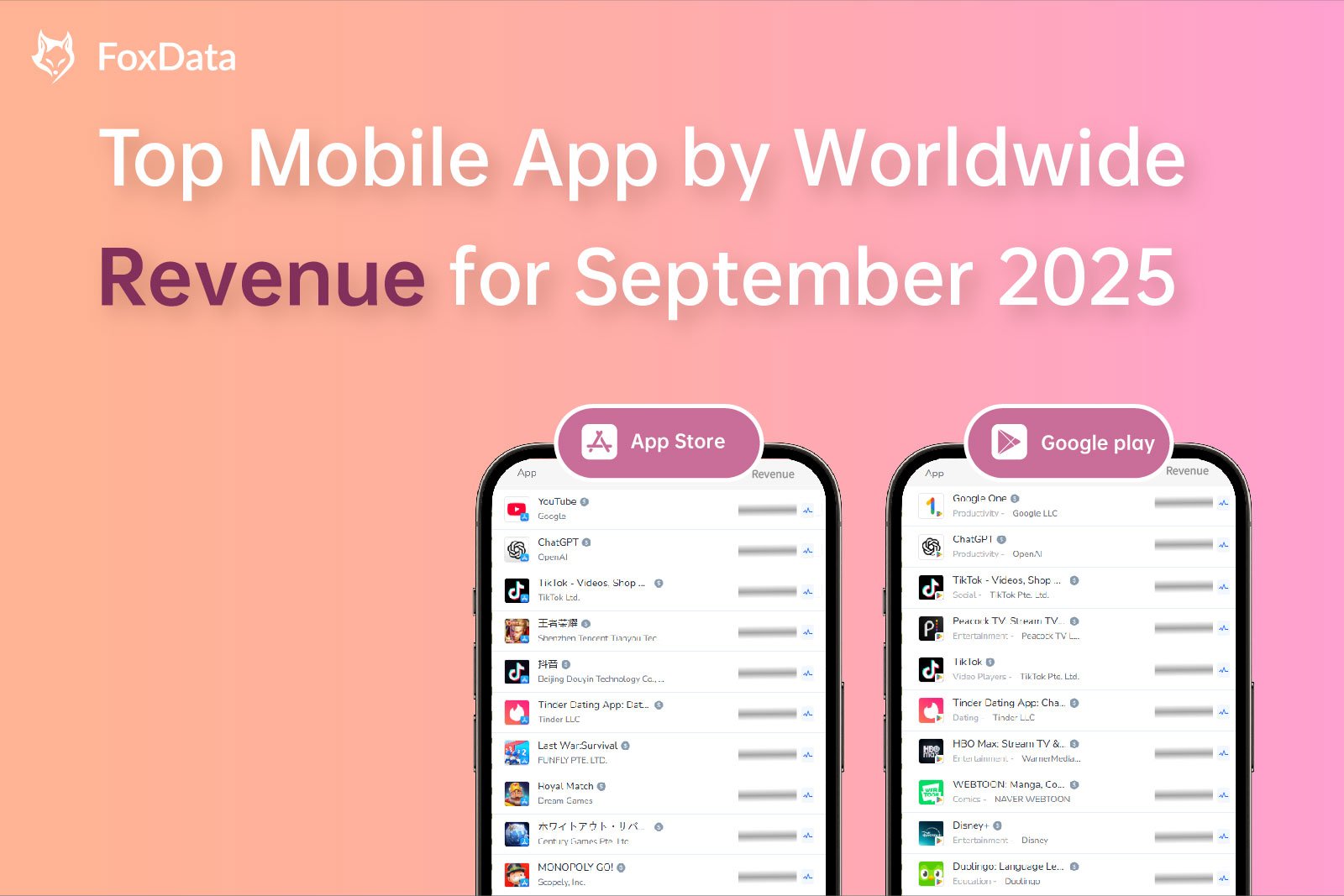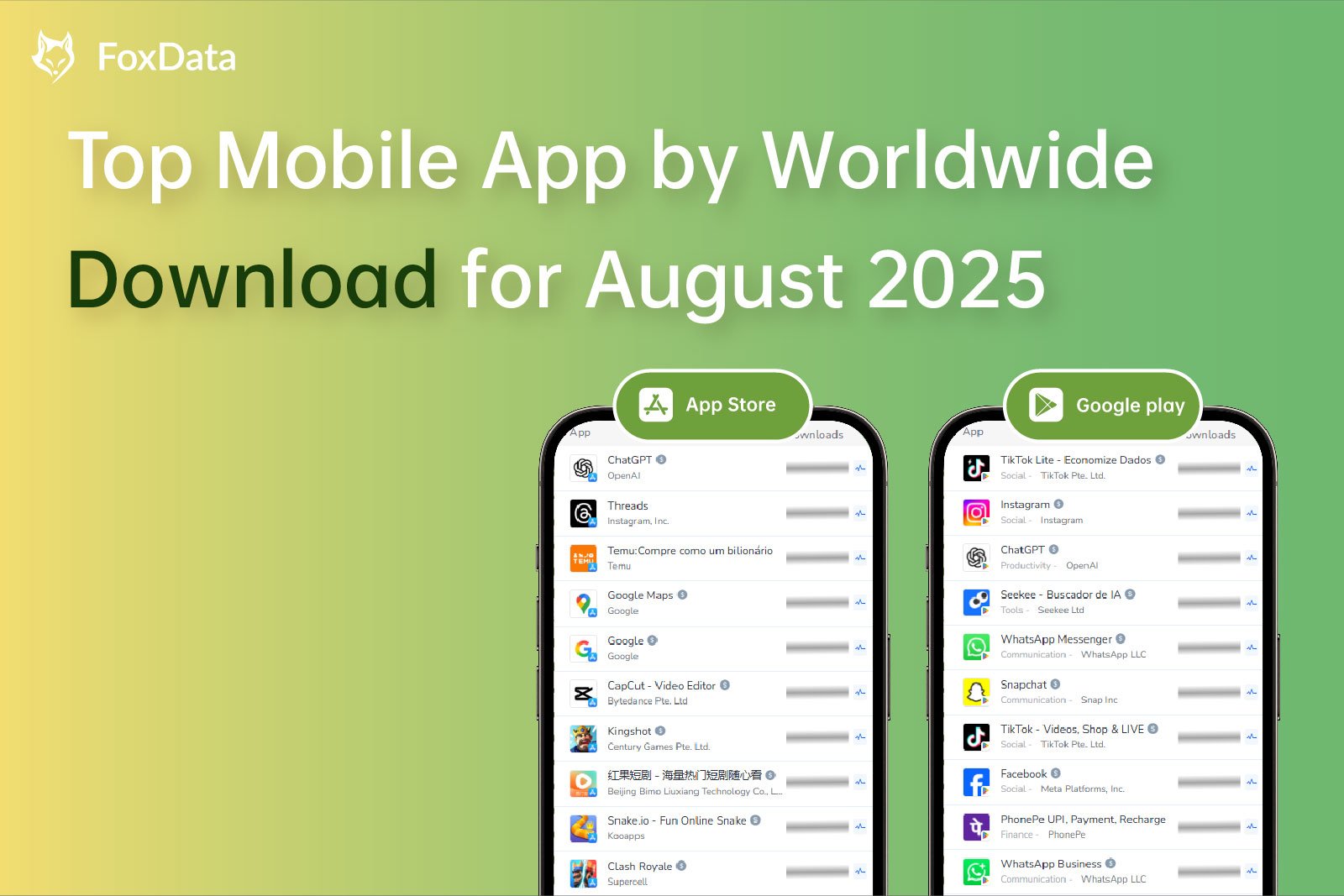How to Drive Your Marketing Strategy Using Data Analysis Tool
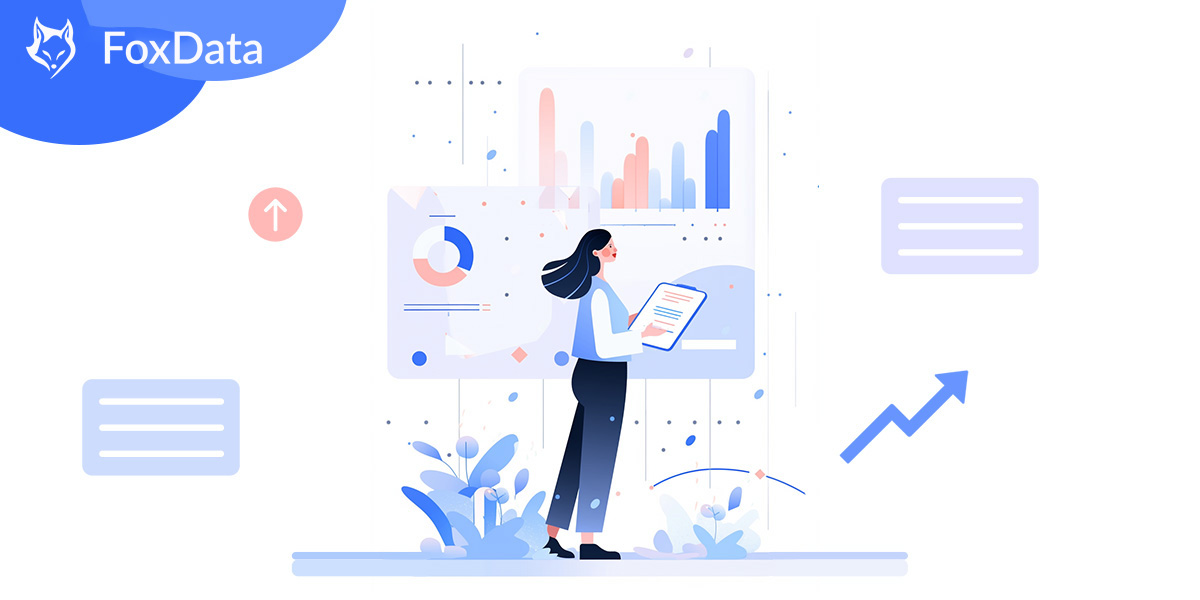
According to Geoffrey Moore, a renowned marketing strategy author, "without big data analytics, companies are blind and deaf, wandering out onto the web like deer on a freeway." Big data has revolutionized numerous industries worldwide over the past decade. In fact, 72% of manufacturers now utilize big data solutions to enhance productivity, while the healthcare sector employs analytic technology to deliver better treatments.
Within the marketing industry, big data analytics is emerging as a game-changer. However, it also poses certain challenges. This article delves into how big data is changing the marketing landscape.
Types of Big Data
Marketers have three major types of big data at their disposal: operational, customer, and financial data sets. By analyzing each of these areas, marketers can gain a deeper understanding of their audience and track their company's financial and operational progress in more detail.
Operational Data
Operational data is a direct result of business processes, which could be related to logistics or customer relationship management. Tracking operational success can enhance productivity and efficiency.
Customer Data
Customer data is the most popular big data source in the marketing industry, enabling marketers to gain a deeper understanding of their target audience's behavior. By analyzing purchase history, web searches, email addresses, and site engagement, businesses can customize their targeting approach. For app marketers, FoxData provides valuable insights into app customer reviews and ratings, allowing for direct replies. Analyzing comments and ratings over a specific time period can display changes in ratings by country, version distribution, and daily ratings. This information guides optimization and marketing efforts for apps.
Financial Data
Measuring performance margins is crucial in the marketing world, and big data analytics simplifies budget forecasting. FoxData provides estimated downloads for apps, allowing marketers to calculate the cost per acquisition (CPA) by combining the estimated download data with marketing expenses. This enables assessment of the effectiveness and profitability of marketing campaigns. The estimated download data also serves as a foundation for forecasting and planning, helping establish realistic goals and devise strategies for future growth.
Benefits of Using Big Data
With the majority of marketers acknowledging that big data enhances their strategic decision-making, utilizing analytical partners can amplify the success of their strategies.
Targeted Marketing
Gaining deeper insights into the target demographic allows for targeted marketing. Big data enables marketers to effectively segment their customer base by analyzing on-site consumer behavior, lead locations, click patterns, and purchase histories. This customization provides a more personalized experience for consumers.
Customer Acquisition
Companies extensively utilizing customer analytics are more likely to outperform their rivals in acquiring new customers. By basing marketing strategies on data, businesses can create well-informed campaigns, personalized product offerings, and websites that cater to the preferences of the target audience. This increases the likelihood of attracting and converting leads effectively. Big data also enhances customer retention strategies through targeted advertisements, relevant content, and personalized experiences, fostering greater loyalty among customers.
Brand Awareness
Big data empowers marketers with a comprehensive, 360-degree view of the entire market. By consistently gathering information on consumers and competitors, businesses can create social content that drives engagement and raises brand awareness. Incorporating big data into marketing strategies can result in a 20% increase in brand awareness.
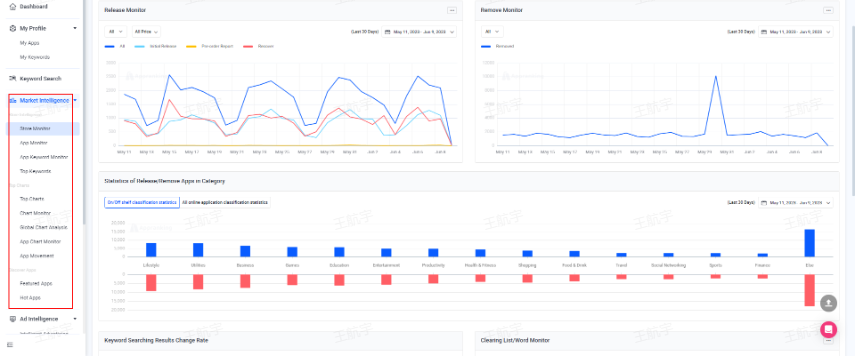
Challenges
Implementing big data within a company can be complex and challenging. Time-consuming data gathering processes can lead to a "consumer disconnect" as trends and preferences may have already evolved by the time marketers implement their strategies. Privacy concerns about data collection tools also arise, emphasizing the need for transparency to build trust with the audience.
Consumer Disconnect
Utilizing monitoring capabilities, like FoxData's keyword monitoring, can provide timely access to market changes. Marketers can make prompt adjustments to their strategies and stay updated with real-time insights.
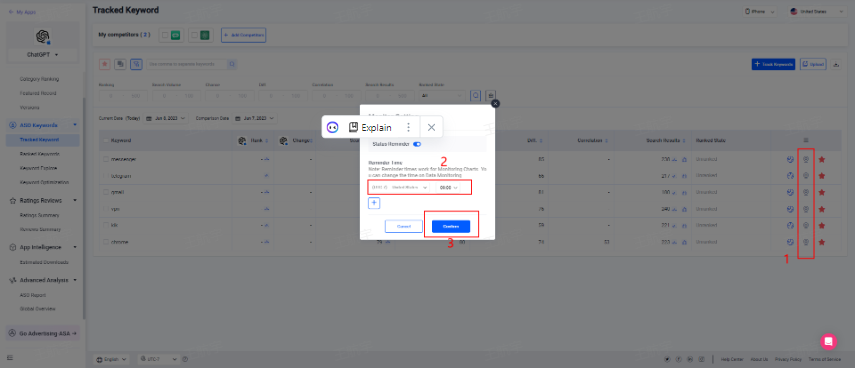
Privacy Concerns
As access to detailed consumer data increases, concerns about information privacy and business ethics arise. Offering consumers the opportunity to opt out of analytic tracking and respecting their preferences can lead to improved retention rates and stronger connections with the audience.
A Data-Driven Tomorrow
Big data is here to stay, with a projected market value of $274 billion in 2023. Marketers must prioritize transparency in their data collection practices to avoid backlash. By leveraging big data, businesses can enhance targeting, acquisition, and brand awareness, getting closer to their customers than ever before. However, it's important to use big data as a forecasting tool rather than a strict content creation guide.
Now just join FoxData and embark on a journey of marketing excellence as we unveil the latest industry news, unveil powerful growth strategies, and present cutting-edge measurement solutions.



